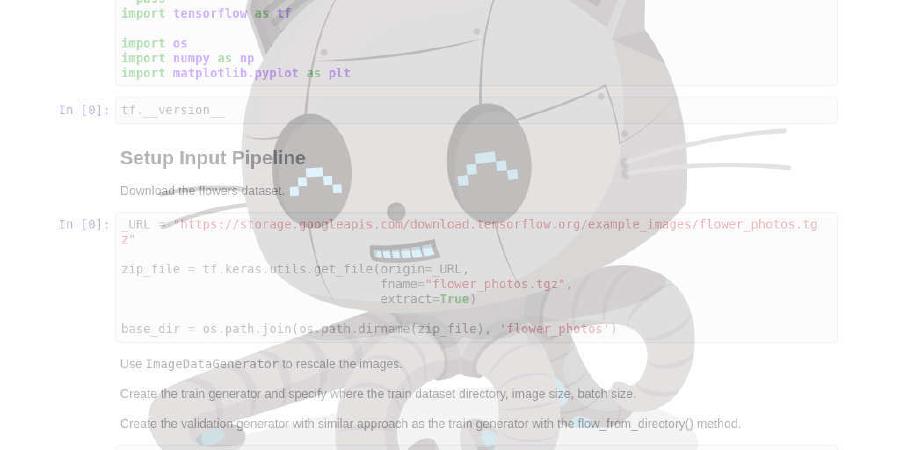uber/react-map-gl

React friendly API wrapper around MapboxGL JS
| repo name | uber/react-map-gl |
| repo link | https://github.com/uber/react-map-gl |
| homepage | https://uber.github.io/react-map-gl |
| language | JavaScript |
| size (curr.) | 16202 kB |
| stars (curr.) | 5221 |
| created | 2015-10-08 |
| license | Other |
react-map-gl is a suite of React components for Mapbox GL JS.
Mapbox GL JS is an awesome library for making modern web maps. It is beautiful, efficient (WebGL-powered), and fully open source. You may load map data from Mapbox’s own service, which is free until a certain level of traffic is exceeded; or you can create and host your own map data using one of the many open source tools.
See our Design Philosophy.
Installation
Using react-map-gl requires react >= 16.3.
npm install --save react-map-gl
Example
import {Component} from 'react';
import ReactMapGL from 'react-map-gl';
class Map extends Component {
state = {
viewport: {
width: 400,
height: 400,
latitude: 37.7577,
longitude: -122.4376,
zoom: 8
}
};
render() {
return (
<ReactMapGL
{...this.state.viewport}
onViewportChange={(viewport) => this.setState({viewport})}
/>
);
}
}
Using Mapbox Tokens
To show maps from a service such as Mapbox you will need to register on their website in order to retrieve an access token required by the map component, which will be used to identify you and start serving up map tiles. The service will be free until a certain level of traffic is exceeded.
There are several ways to provide a token to your app, as showcased in some of the example folders:
- Provide a
mapboxApiAccessTokenprop to the map component - Set the
MapboxAccessTokenenvironment variable (or setREACT_APP_MAPBOX_ACCESS_TOKENif you are using Create React App) - Provide it in the URL, e.g
?access_token=TOKEN - Provide
mapboxApiUrlprop to the map component to override the default mapbox API URL
But we would recommend using something like dotenv and put your key in an untracked .env file, that will then expose it as a process.env variable, with much less leaking risks.
Limitations
This library provides convenient wrappers around initializing and (to some degree) tracking the state of a Mapbox WebGL map. Because most of the functionality of Mapbox’s JS API depends on the use of HTML5 canvases and WebGL, which React is not built to manipulate, the React component does not mirror all the functionality of Mapbox GL JS’s Map class. You may access the native Mapbox API exposed by the getMap() function in this library. However, proceed with caution as calling the native APIs may break the connection between the React layer props and the underlying map state.
Contribute
See developer guide.





